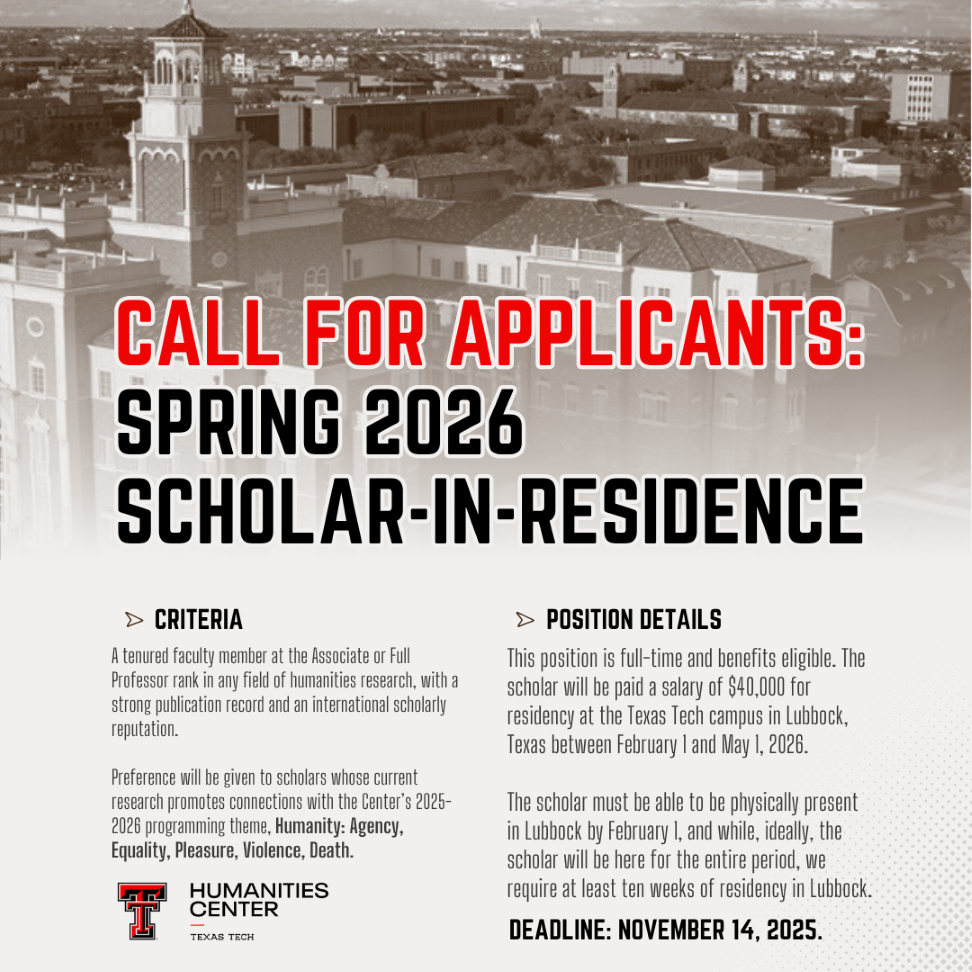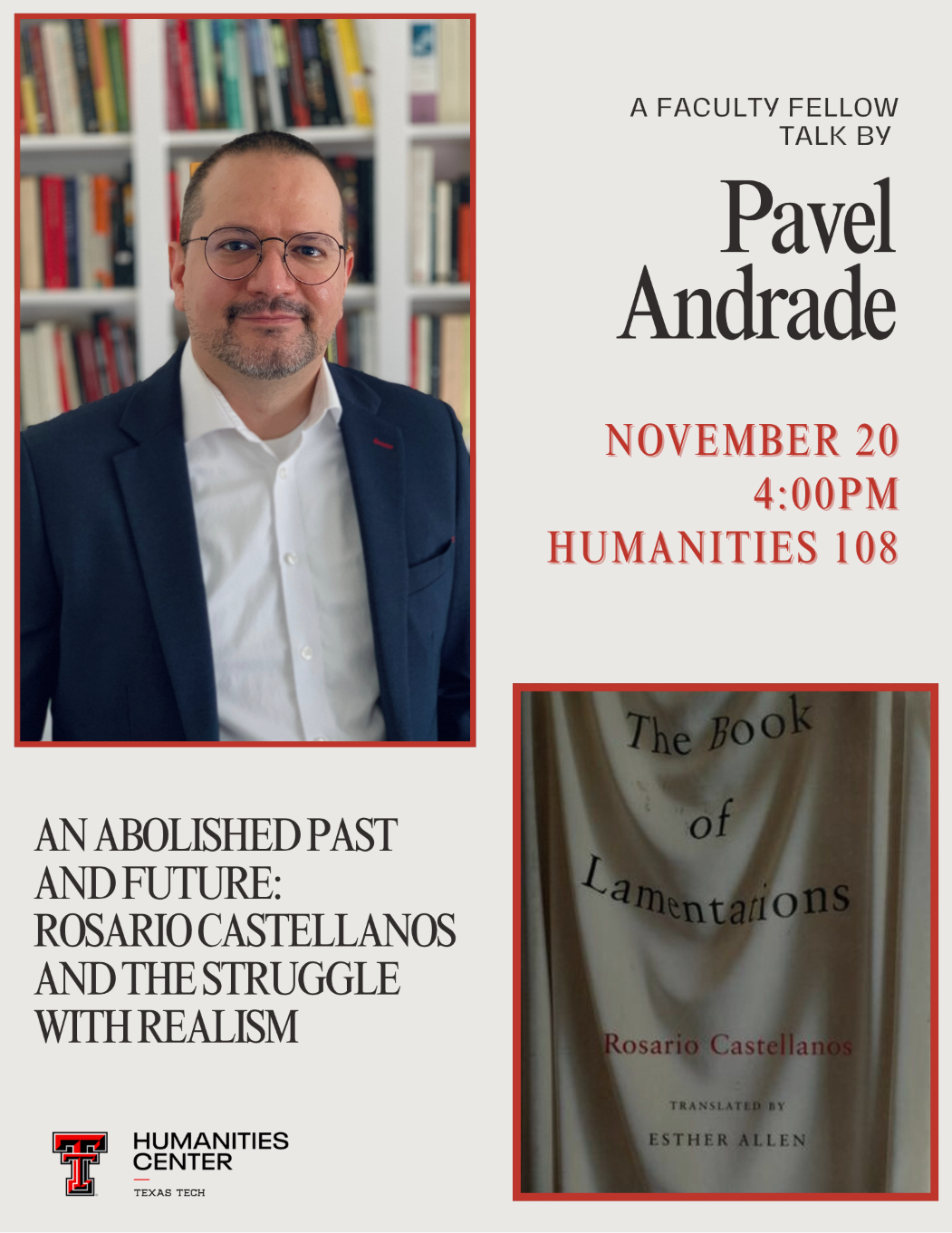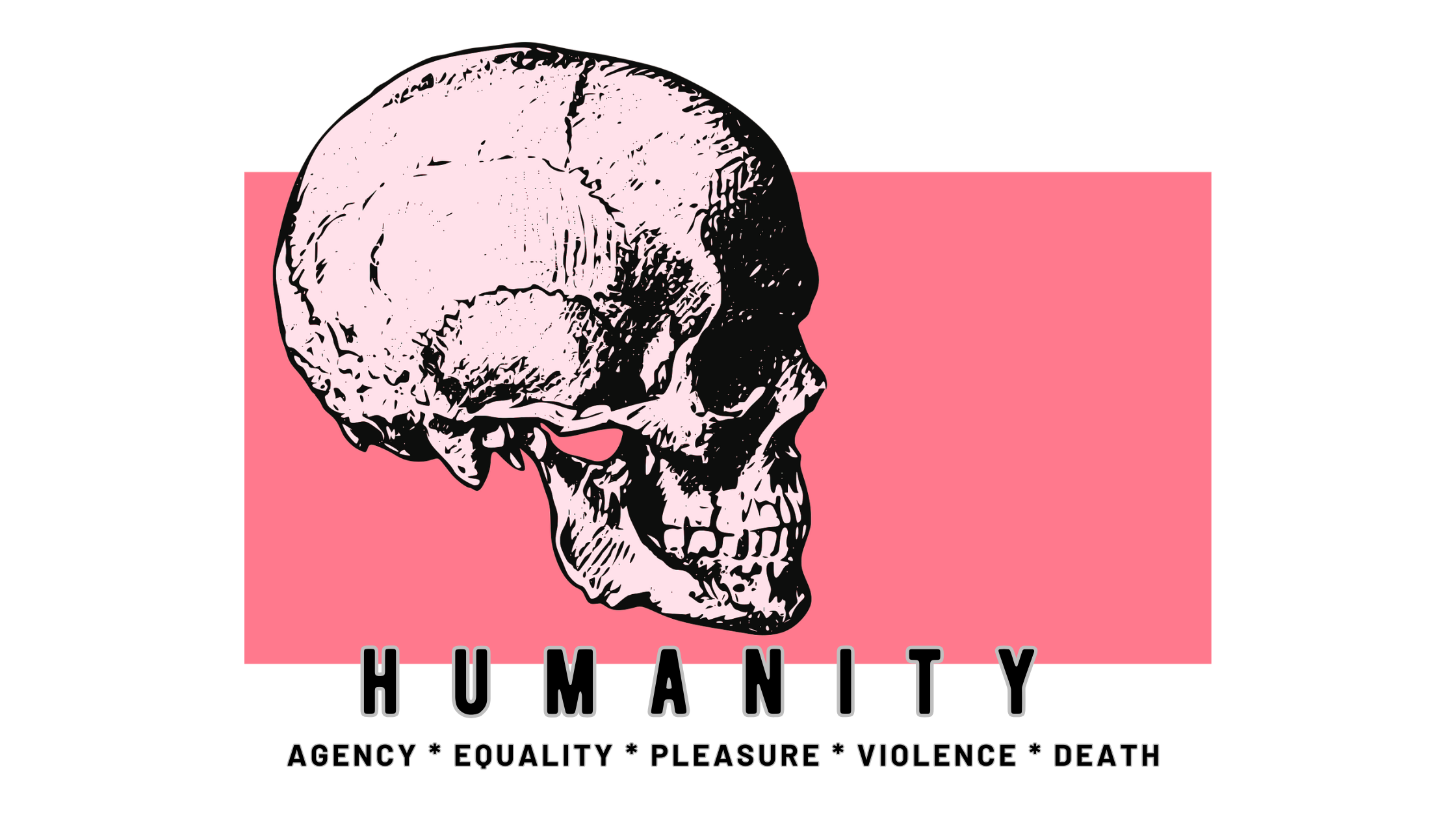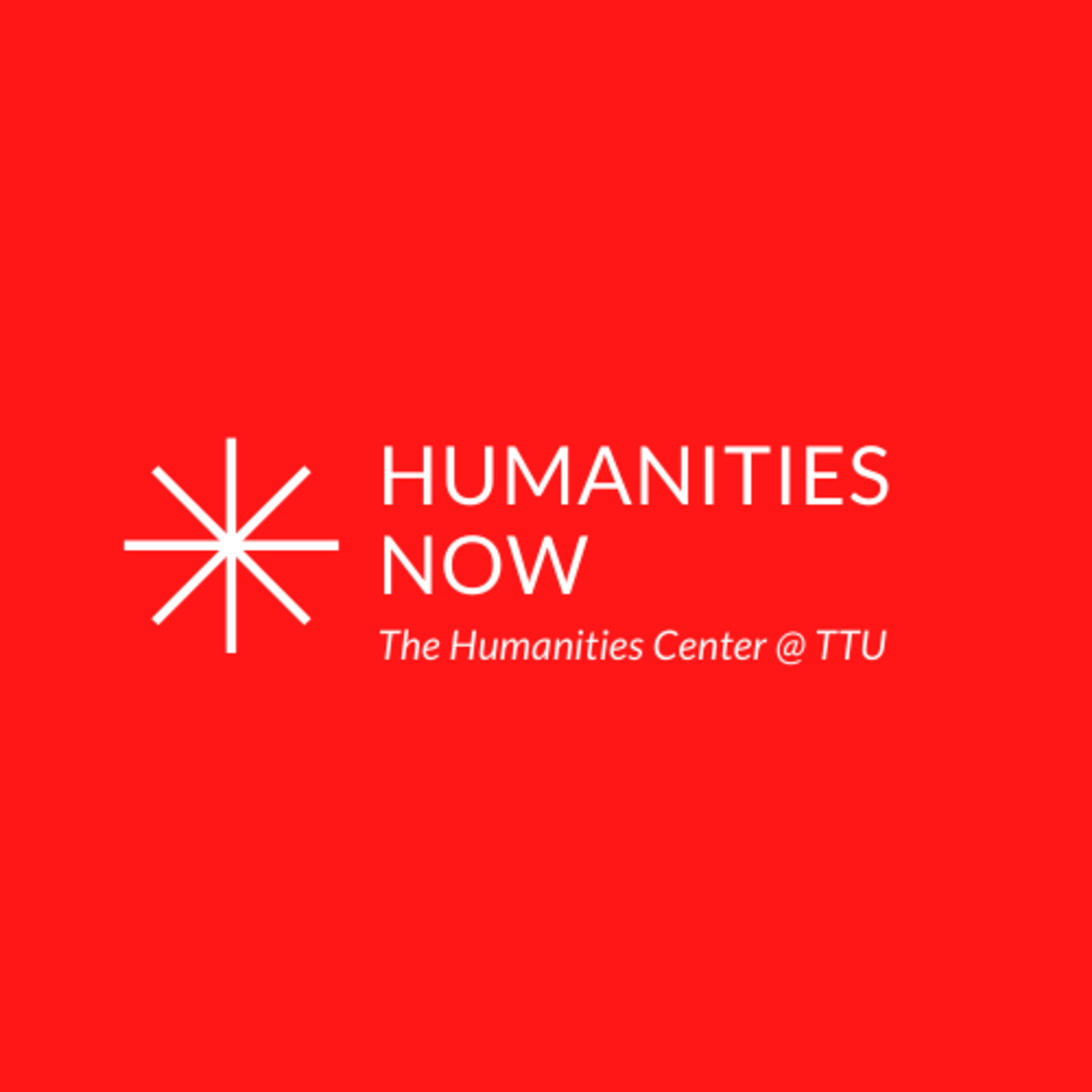The Humanities Center at Texas Tech Announces Its Theme for 2025-2026:
The Humanities Center at Texas Tech was founded in 2015. As the Center begins the second decade of its existence, our programming for 2025-2026 will focus on the concept integral to its founding: Humanity. This theme--in fact, humanities research tout court--provides a broad site of analysis through which we can investigate and critique both the past and the future, innovation and tradition. In the face of the burgeoning specter of Artificial General Intelligence and even Superintelligence, it seems more necessary than ever that we stake out the territory of Humanity. For ten years, across public programming and funded research, the Humanities Center has been doing just that, foregrounding and analyzing what it means to be human. Scholars in the humanities at TTU have contemplated the Anthropocene and theorized the post-human. We have performed archival work and close reading. We have proposed humanistic solutions to modern problems and offered novel ways of revisiting collective pasts. Throughout 2025-2026, we will stage interdisciplinary discussions about Humanity across five keywords: agency, equality, pleasure, violence, and death. Amid this year-long theme, we will pay tribute to the Center’s first decade by thinking about novel possibilities for its second.
Call for Applicants: Spring 2026 Scholar-in-Residence 
The Humanities Center is calling for applications from candidates external to the university to be considered for our Scholar-in-Residence program. The Center is particularly interested in nominees actively engaged in interdisciplinary research that addresses academic questions beyond the scholar’s primary field of study. For full details, please see Call for Applicants: Spring 2026 Scholar-in-Residence.
December Featured Scholar

Our featured scholar for December 2025 is Dr. Abigail Swingen, Associate Professor in the Department of History. Click here to read more about Dr. Swingen.
Donations to the Humanities Center assist all of our free programming and contribute to the research support we offer to faculty and graduate students.
Upcoming Events
Nov
20

For a complete list of upcoming events, please visit: EVENTS
Please click the image below to be taken to the Humanities Center's monthly podcast.
Humanities Center
-
Address
Texas Tech University, 2508 15th Street, Weeks Hall 221, Lubbock, TX 79409-1002 -
Phone
806.742.3028 -
Email
humanitiescenter@ttu.edu



